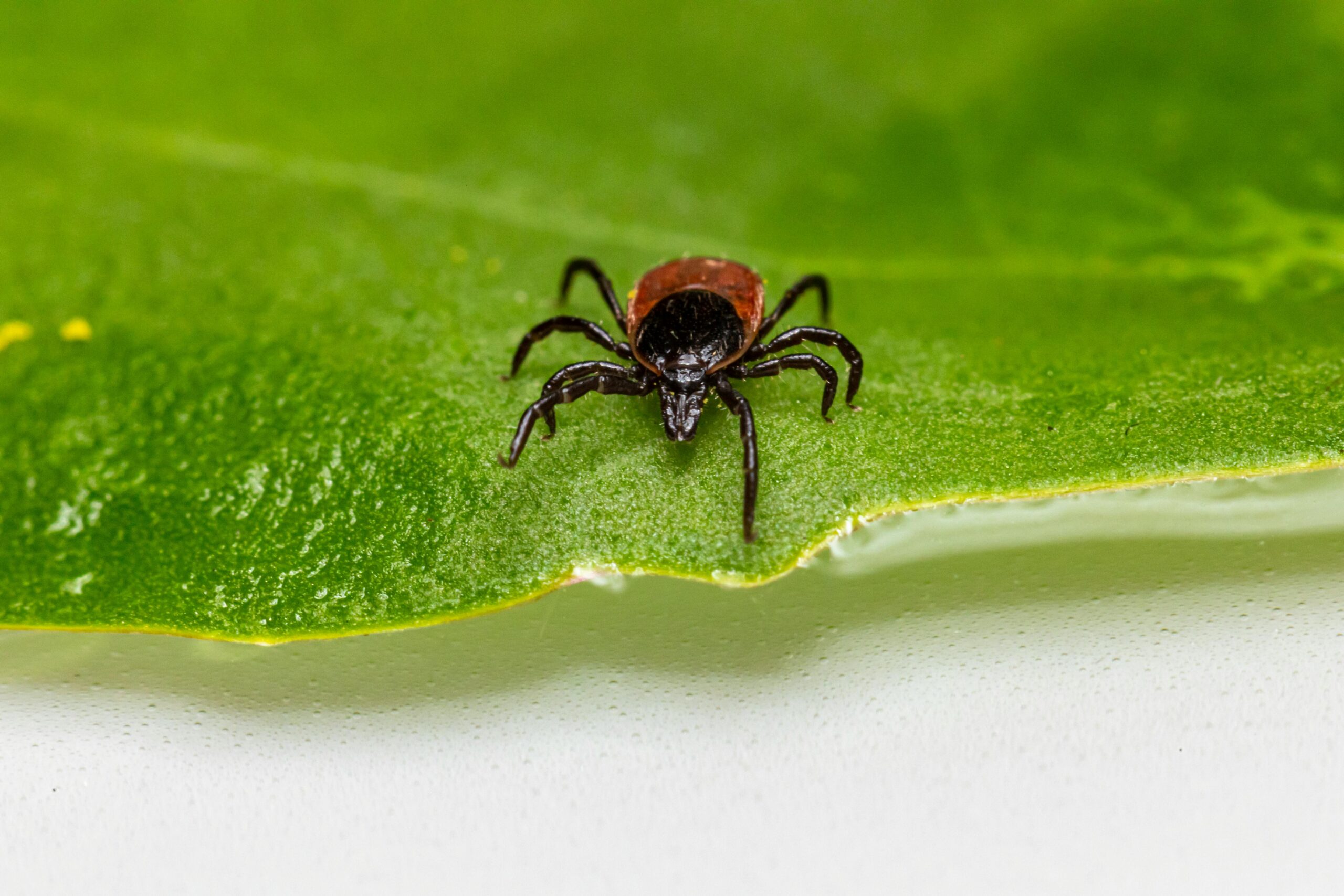Have you ever gone hiking or spent time outdoors, then later wondered, “Wait… what if a tick bit me?” You’re not alone.
Lyme disease is something more and more people are searching about — and for good reason. It begins with a small tick bite, but if left untreated, it can turn into something much more serious.
Let’s break it all down in simple terms — what it is, how to spot it, and what to do if you’re ever at risk.
🌿 What Is Lyme Disease?
Lyme disease is an infection caused by bacteria that ticks carry. These tiny bugs (often no bigger than a sesame seed) latch onto your skin — usually when you’re walking in grass, woods, or near animals.
Not all ticks cause Lyme, but some do. You won’t feel them bite, which is why many people don’t even know they were bitten.
⚠️ Early Signs: What to Watch For
Symptoms can show up anywhere from a couple of days to several weeks after the tick bite. Here’s what to look out for:
- Feeling really tired
- Headache or fever
- Sore muscles or joints
- Swollen glands
- A red rash, often shaped like a bullseye 🎯 (but not always)
Important: Not everyone gets the bullseye rash, so don’t rely on that alone.
If you notice these symptoms — especially after spending time outdoors — talk to a doctor as soon as you can.
🔍 How Do You Know It’s Lyme?
Doctors usually look at:
- Your symptoms
- Whether you’ve been in a tick area
- Sometimes they’ll order a blood test, but early on, it might not show up
So yes, it can be hard to diagnose — which is why acting early matters.
💊 Can It Be Treated?
Yes — and it usually can be cured.
Doctors will often prescribe antibiotics like:
- Doxycycline
- Amoxicillin (for kids or pregnant people)
Most people feel better within a few weeks. But if you wait too long, it can lead to bigger problems like:
- Joint pain
- Nerve issues
- Heart problems
😓 What About “Chronic Lyme”?
Some people say they still feel sick even after getting treated — with symptoms like:
- Tiredness
- Brain fog
- Body pain
Doctors call this Post-Treatment Lyme Disease Syndrome. There’s still a lot of debate about it, but the symptoms are real for many. If that’s you, look for a specialist who understands long-term Lyme issues.
🐶 Can Pets Get Lyme Too?
Yes — especially dogs. If your pup suddenly seems tired, limps, or loses interest in food, it’s worth checking.
Vets offer Lyme vaccines for dogs, plus tick collars or meds that help prevent bites.
🛡️ How to Protect Yourself from Ticks
Here’s how to stay safe when you’re outside:
- Wear full-length clothing like long sleeves and pants when spending time in areas with tall grass or dense trees
- Use bug spray with DEET or permethrin
- Stick to trails — avoid brushing against bushes
- Shower after being outdoors
- Check yourself (and your pets!) for ticks — especially under arms, behind knees, and around your waist
🧷 What to Do If You Find a Tick
Don’t panic — but act quickly:
- Use tweezers to grab it close to your skin
- Pull it out gently — don’t twist
- Wash the area with soap or rubbing alcohol
- Watch for symptoms over the next few weeks
You might not need antibiotics right away, but check with your doctor — especially if the tick was stuck on for more than a day.
🤔 Common Questions
Q: Is it possible to catch Lyme disease from another person?
A: No — Lyme disease doesn’t spread between people. The only way you can get it is if a tick carrying the infection bites you.
Q: Can I get it more than once?
A: Yes — getting Lyme once doesn’t mean you’re immune.
Q: Is there a vaccine?
A: For humans, not yet (though it’s being researched). But dogs can get one!
✅ Final Thoughts
Lyme disease is more common than people think — but with a little awareness, you can protect yourself and your loved ones. The key is catching it early and knowing what to look for.
If this helped you, please share it with others — especially friends who love the outdoors. It could make a big difference. 💚


